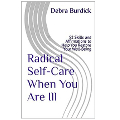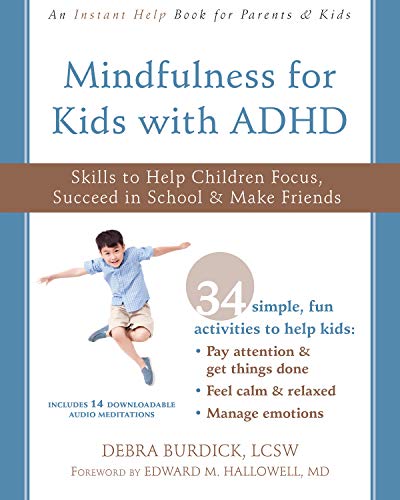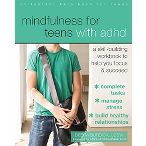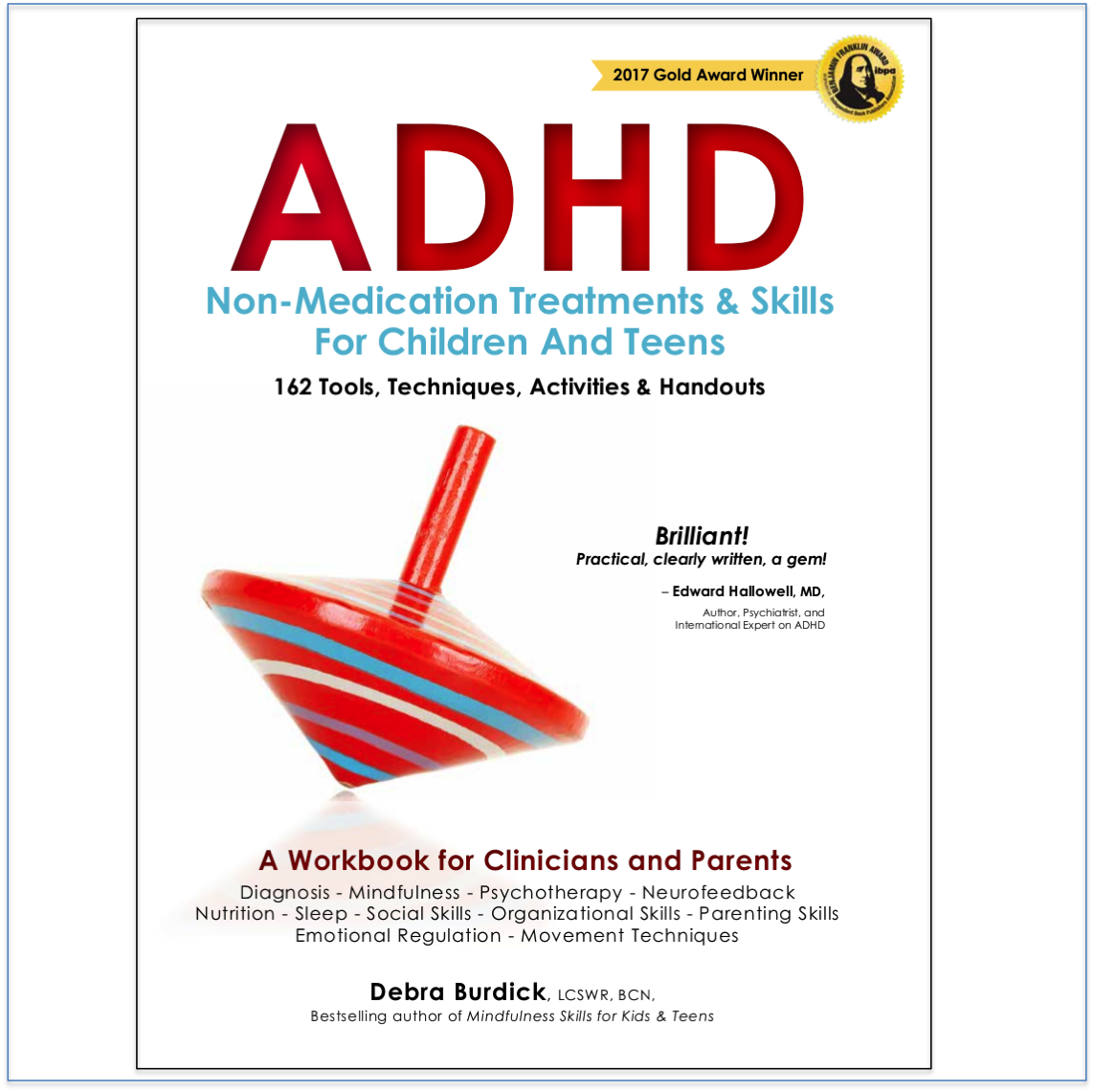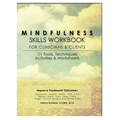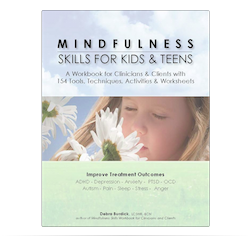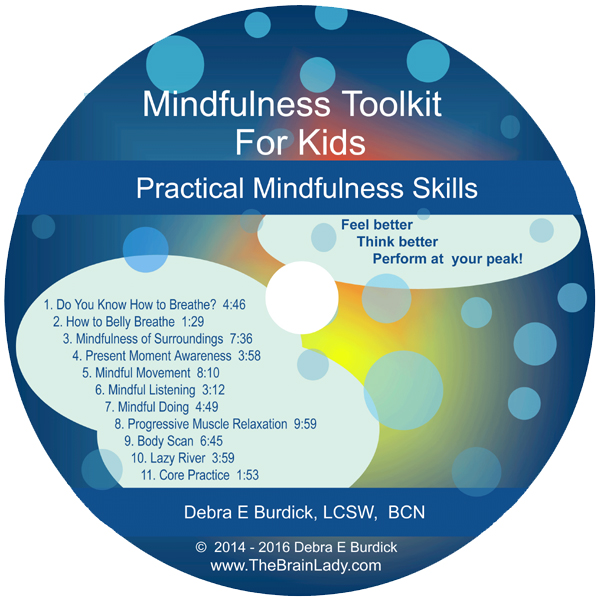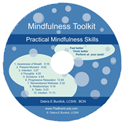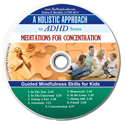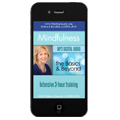Treatment For…
PLEASE NOTE: As of December 31, 2014 Deb has retired from her private practice and is no longer accepting new clients so that she can concentrate on writing and teaching. The below is for historical/informational purposes only.
ADHD
 ADHD is defined in the Diagnostic Statistical Manual for Mental Disorders (DSM-5) used to diagnose all mental disorders, as a neurodevelopmental disorder. It includes a pattern of poor concentration, organization, and task completion and may also include impulsivity and hyperactivity – all that are abnormal for developmental age. It was once believed that a person would grow out of ADHD. Now, we know that approximately one third will outgrow it but 60% will become adults with ADHD. Remember each person is unique and may experience these symptoms differently. (Read more…)
ADHD is defined in the Diagnostic Statistical Manual for Mental Disorders (DSM-5) used to diagnose all mental disorders, as a neurodevelopmental disorder. It includes a pattern of poor concentration, organization, and task completion and may also include impulsivity and hyperactivity – all that are abnormal for developmental age. It was once believed that a person would grow out of ADHD. Now, we know that approximately one third will outgrow it but 60% will become adults with ADHD. Remember each person is unique and may experience these symptoms differently. (Read more…)
Anxiety
 There a number of anxiety disorders including generalized anxiety, obsessive compulsive disorder, phobias, posttraumatic stress disorder, and more. Generalized Anxiety Disorder is characterized by excessive and hard to control worry and anxiety that occurs persistently. There may be associated tension, fatigue, insomnia, and impaired concentration. (Read more…)
There a number of anxiety disorders including generalized anxiety, obsessive compulsive disorder, phobias, posttraumatic stress disorder, and more. Generalized Anxiety Disorder is characterized by excessive and hard to control worry and anxiety that occurs persistently. There may be associated tension, fatigue, insomnia, and impaired concentration. (Read more…)
Autism-Asperger’s
 Autism is considered a pervasive developmental disorder. People with autism experience a substantial delay in communication and social interaction associated with development of “restricted, repetitive and stereotyped” behavior, interests, and activities. (Read more…)
Autism is considered a pervasive developmental disorder. People with autism experience a substantial delay in communication and social interaction associated with development of “restricted, repetitive and stereotyped” behavior, interests, and activities. (Read more…)
BiPolar Disorder
 If you have been diagnosed with, or believe you may have, bipolar disorder, you are all too familiar with the unpredictable mood swings, the rapid cycling of emotions, the difficulty focusing, and the impulsive behavior you can’t always control. You know the pain of damaged relationships, work or school challenges, and the feeling that you can never quite relax or feel comfortable. (Read more…)
If you have been diagnosed with, or believe you may have, bipolar disorder, you are all too familiar with the unpredictable mood swings, the rapid cycling of emotions, the difficulty focusing, and the impulsive behavior you can’t always control. You know the pain of damaged relationships, work or school challenges, and the feeling that you can never quite relax or feel comfortable. (Read more…)
Chronic Illness
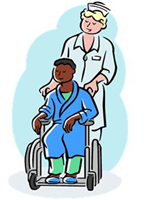 Dealing with any chronic medical illness can be stressful and exhausting. Pain and illness use up a huge amount of energy. Sleep is often disturbed when an illness is present. Dealing with the medical community to make sure everything possible is being done can sometimes feel like a full time job. Managing the symptoms and following the treatment regime becomes all encompassing. Dealing with the many losses that accompany illness is often depressing. Learning to thrive within the limits of the illness is challenging but essential. (Read more…)
Dealing with any chronic medical illness can be stressful and exhausting. Pain and illness use up a huge amount of energy. Sleep is often disturbed when an illness is present. Dealing with the medical community to make sure everything possible is being done can sometimes feel like a full time job. Managing the symptoms and following the treatment regime becomes all encompassing. Dealing with the many losses that accompany illness is often depressing. Learning to thrive within the limits of the illness is challenging but essential. (Read more…)
Depression
 Major depression is a mood disorder characterized by a depressed mood and/or loss of pleasure in activities nearly every day for at least two weeks. It can be acute or chronic. (Read more…)
Major depression is a mood disorder characterized by a depressed mood and/or loss of pleasure in activities nearly every day for at least two weeks. It can be acute or chronic. (Read more…)
Pain
 Dealing with pain can be exhausting and challenging. Pain can become overwhelming and impossible to ignore. It interferes with sleep, work, relationships and every aspect of a person’s life and personal sense of well-being. It is essential to treat pain with a multi-modal approach. (Read more…)
Dealing with pain can be exhausting and challenging. Pain can become overwhelming and impossible to ignore. It interferes with sleep, work, relationships and every aspect of a person’s life and personal sense of well-being. It is essential to treat pain with a multi-modal approach. (Read more…)
Peak Performance
 Peak Performance is when we are totally alert and focused while maintaining a relaxed physical body. Athletes, executives, and students alike work best when they achieve this balance. Often our body tenses up as we carry our stress and emotions in our body. And concentration is hampered by a very distracted and distractible world which demands our attention often all at once. (Read more…)
Peak Performance is when we are totally alert and focused while maintaining a relaxed physical body. Athletes, executives, and students alike work best when they achieve this balance. Often our body tenses up as we carry our stress and emotions in our body. And concentration is hampered by a very distracted and distractible world which demands our attention often all at once. (Read more…)
Parenting
 Parenting is one of the most rewarding and at the same time, challenging roles we ever have. Most of us were never taught to be good parents. And many of us worry that we are not good enough at parenting and that we should be doing more to help our kids.
Parenting is one of the most rewarding and at the same time, challenging roles we ever have. Most of us were never taught to be good parents. And many of us worry that we are not good enough at parenting and that we should be doing more to help our kids.
Learning specific parenting skills can be very rewarding, especially when we see our children behaving better and thriving. Psychotherapy can be very effective at helping parents communicate with their kids, manage their behavior, manage their own emotional response to the behavior of their kids, and generally put the parents back in charge. (Read more…)
PTSD
 When an individual who has been exposed to a traumatic event develops anxiety symptoms, re-experiencing of the event, and avoidance of stimuli related to the event lasting more than four weeks, they may be suffering from PTSD. This diagnosis was originally devised for veterans returning from war zones. It is important to realize that an event that feels traumatic to one person may not feel traumatic to another. (Read more…)
When an individual who has been exposed to a traumatic event develops anxiety symptoms, re-experiencing of the event, and avoidance of stimuli related to the event lasting more than four weeks, they may be suffering from PTSD. This diagnosis was originally devised for veterans returning from war zones. It is important to realize that an event that feels traumatic to one person may not feel traumatic to another. (Read more…)
Sleep
 There are a number of sleep related disorders. Insomnia is one common sleep disorder and is defined as ‘Difficulty in initiating or maintaining sleep’. Insomnia may be associated with any of a number of mental disorders. It can also be a problem unto itself. (Read more…)
There are a number of sleep related disorders. Insomnia is one common sleep disorder and is defined as ‘Difficulty in initiating or maintaining sleep’. Insomnia may be associated with any of a number of mental disorders. It can also be a problem unto itself. (Read more…)
Stress
 Did you know that 75-90% of all visits to primary care physicians are due to stress-related illness? We’ve all heard about stress: what causes it, what it does to us. But have you really thought about the stressors in your life? And have you developed healthy habits for managing stress?
Did you know that 75-90% of all visits to primary care physicians are due to stress-related illness? We’ve all heard about stress: what causes it, what it does to us. But have you really thought about the stressors in your life? And have you developed healthy habits for managing stress?
Read on for a brief background about how stress affects our brain and body and then some practical options for de-stressing and managing the stress that is part of most everyone’s life. (Read more…)
Traumatic/Acquired Brain Injury
 A traumatic or acquired brain injury can result from an accident, tumor, or even a simple hit on the head that goes unnoticed. The incidence of brain injury from accumulated damage for teenage football players if finally being recognized. (Read more…)
A traumatic or acquired brain injury can result from an accident, tumor, or even a simple hit on the head that goes unnoticed. The incidence of brain injury from accumulated damage for teenage football players if finally being recognized. (Read more…)
Success Stories – Client Testimonials
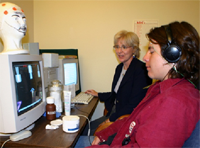 “Neurofeedback has helped me both academically and athletically. I used to daydream during class or wrestling matches; now I have the ability to really focus in completely on the teacher or the match and not be distracted at all. My sleep improved and the quality of my life improved dramatically.” GS
“Neurofeedback has helped me both academically and athletically. I used to daydream during class or wrestling matches; now I have the ability to really focus in completely on the teacher or the match and not be distracted at all. My sleep improved and the quality of my life improved dramatically.” GS
Success Stories – Client Testimonials
PLEASE NOTE: As of December 31, 2014 Deb has retired from her private practice and is no longer accepting new clients so that she can concentrate on writing and teaching. The above is for historical/informational purposes only.

